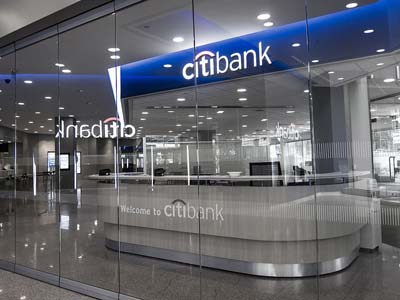
We hear a lot of big talk about how Dodd-Frank has made the financial system safer. That law was enacted to make certain that the country never gets blown apart by a financial crisis like the one in 2008.
But does anybody really believe it?
The bank regulators sure don’t. The FDIC just put out a press release summarizing problems with resolution plans submitted by 11 big banks, including Bank of America, Citigroup, Goldman Sachs, and other behemoths. These resolution plans, also called “living wills,” spell out how the banks will handle things in the event the financial shit hits the fan.
The FDIC noted several areas where bank plans don’t pass the smell test:
While the shortcomings of the plans varied across the first-wave firms, the agencies have identified several common features of the plans’ shortcomings. These common features include: (i) assumptions that the agencies regard as unrealistic or inadequately supported, such as assumptions about the likely behavior of customers, counterparties, investors, central clearing facilities, and regulators, and (ii) the failure to make, or even to identify, the kinds of changes in firm structure and practices that would be necessary to enhance the prospects for orderly resolution.
The FDIC recommended that banks should, among other things, establish “a rational and less complex legal structure” to address resolution and show that they actually have basic operational capabilities, like the ability to produce reliable information in a timely manner. And so on.
In short, the FDIC says that the banks’ plans are “not credible.”
Based on the review of the 2013 plans, the FDIC Board of Directors determined pursuant to section 165(d) of the Dodd-Frank Act that the plans submitted by the first-wave filers are not credible and do not facilitate an orderly resolution under the U.S. Bankruptcy Code. The Federal Reserve Board determined that the 11 banking organizations must take immediate action to improve their resolvability and reflect those improvements in their 2015 plans.
I guess we can just pray that another crisis doesn’t hit before these new plans are submitted a year from now.
As Senator Elizabeth Warren recently stated in an op-ed co-authored by John McCain, Maria Cantwell and Angus King, “the chances of another financial crisis will remain unacceptably high as long as there are financial institutions that are ‘too big to fail.'”
Six years after the financial crisis, the big banks obviously have not yet been brought down to size. They are more concentrated than ever, and more incentivized to take dangerous risks that expose hard-working Americans to suffering and ruin. So we’re all pretty much just sitting ducks waiting for the next shitstorm. Not a great plan, is it?
Our most important fundraising appeal of the year
December is the most critical time of year for Truthout, because our nonprofit news is funded almost entirely by individual donations from readers like you. So before you navigate away, we ask that you take just a second to support Truthout with a tax-deductible donation.
This year is a little different. We are up against a far-reaching, wide-scale attack on press freedom coming from the Trump administration. 2025 was a year of frightening censorship, news industry corporate consolidation, and worsening financial conditions for progressive nonprofits across the board.
We can only resist Trump’s agenda by cultivating a strong base of support. The right-wing mediasphere is funded comfortably by billionaire owners and venture capitalist philanthropists. At Truthout, we have you.
We’ve set an ambitious target for our year-end campaign — a goal of $250,000 to keep up our fight against authoritarianism in 2026. Please take a meaningful action in this fight: make a one-time or monthly donation to Truthout before December 31. If you have the means, please dig deep.